Candid Revelation: Cardi B Opens Up About Her 1st Time with a Woman in Powerful Confession
Born Belcalis Almanzar in 1992 in Washington Heights and raised in the Bronx, Cardi B rose to prominence via social media and reality TV, later launching a groundbreaking music career. She’s been openly sexual and unapologetically frank since her early days on platforms like Vine and Instagram, quickly becoming celebrated for that raw authenticity Wikipedia+12dazeddigital.com+12Cosmopolitan+12.
In May 2018, Cardi publicly embraced her bisexual identity, stating on the Twitter timeline: “I ate bitches out before you was born”, a blunt assertion meant to thwart any disbelief in her queerness Them. She emphasized that she has had “experiences with other women” and defended both her credibility and personal history Wikipedia.
The First Same‑Sex Experience: In Cardi B Own Words
While Cardi has referenced “a lot of experiences with women,” she hasn’t chronologically detailed her very first same-sex encounter in a single interview. Instead, her reflections appear as part of broader discussions about sexuality, acceptance, and expression:
- On the song “Girls” (2018): Following its controversial release, Cardi clarified her line stating she had “experiences with other women,” asserting the lyrics reflected her personal history.
- On Twitter (2022): She retweeted a fan suggestion that bisexual celebrities must prove their sexuality with same-sex partners, responding defiantly, “I ate bitches out before you was born … Sorry I don’t have razr phone pics to prove it to you,” thereby affirming her lived experience Them.
She hasn’t pinpointed when or with whom the first experience happened, nor framed it as a milestone. Instead, she weaves it into an ongoing affirmation of her identity and agency.
What It Reveals: Personal vs. Public Identity
Analyzing Cardi’s comments shows more than just anecdote—they convey layers of defiance, visibility, and resilience:
1. Ownership of Narrative
By stating her experiences outright and rejecting demands for photographic proof, Cardi confronts the common erotic voyeurism and invalidation bisexual individuals often endure on public platforms .
2. Resistance to ‘Queerbaiting’
After her appearance in Normani’s “Wild Side” video, Cardi was accused of queerbaiting. She minced no words: she stated that she’s bisexual, cited real past experiences, and clarified artistic intentions (such as concealing her pregnancy)—not appealing to queerness as a gimmick.
3. Sex Positivity and Agency
Cardi has always framed sexuality—whether queer or heterosexual—as natural and celebrated. She treats sex like everyday conversation: “when you talk with your friends… you talk about the dick or the pussy” GLAMCULT.COM. A similar candid tone appears in her defense of same-sex relationships.
First Experience: Beyond the Anecdote
Because Cardi hasn’t published a specific “first encounter” story—complete with time, place, or partner—the significance lies more in how she’s chosen to publicly narrate it:
- No Shame or Secrecy: Unlike many public figures traversing cultural taboos, she refuses shame. Her refusal to sweeten the story—or even recount logistical details of her first same-sex scenario—signals personal comfort and a no-B.S. public posture.
- Framing Sexual Identity as Normal: By describing the encounters as part of everyday life, she normalizes bisexuality and undermines sensational tropes reserved for straight artists flaunting same-sex interest.
- A Lesson Against Policing: Her Twitter response (“I ate bitches…”) explicitly tells onlookers: you don’t get to demand proof of my same-sex attraction. For stars like her, such trolling is common; for queer people broadly, it’s a persistent burden.
Public Reaction & Cultural Context
Cardi’s openness sparked debates:
- Internet chatter: Some criticized her, suspecting “queerbaiting.” Cardi responded by reiterating her sexuality along with context about her pregnancy and artists’ creative choices Wikipedia+1Them+1.
- Support from LGBTQ+ advocates: Many praised her unapologetic bicultural and bisexual identity, emphasizing that no one owes evidence of their queerness to strangers online.
Her statements contribute to broader shifts in hip-hop and popular culture—where queer and sexually empowered voices are increasingly visible, contested, and defended.
Why It Matters
- Cultural Representation
Cardi’s outspokenness challenges old hip‑hop tropes and opens space for queer identities in a genre that has often been heteronormative or homophobic. - Empowering Young Fans
As a global superstar of Afro-Latina identity, Messi-level charts, and a massive social presence, her frankness reaches youth who may be questioning identity or sexuality. They see that bisexuality is real, acceptable, and worthy of celebration. - Complex Public Persona
Her refusal to conform—talking about sexuality the way one chats with friends, refusing to censor, participating in LGBTQ+ culture on her terms—illustrates a complicated and fully lived identity.
Final Notes
- Cardi B has confirmed she’s had multiple sexual experiences with women, but hasn’t publicly detailed the first one in a dated anecdote.
- The power of her disclosures lies not in specifics, but in bold assertion, refusing to let society police her sexuality.
- Her stance—rolling with sexual openness, interrupting norms, reframing queer experiences as normal—advances both hip-hop narratives and societal attitudes toward bisexuality.
Women – Start Losing Weight Today

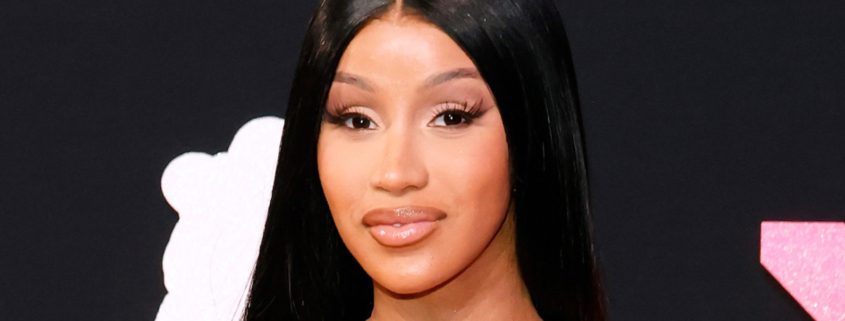
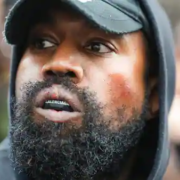

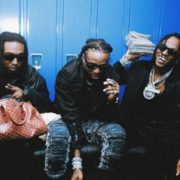
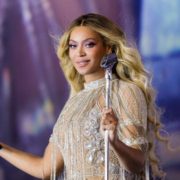



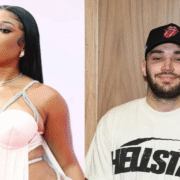





Leave a Reply
Want to join the discussion?Feel free to contribute!